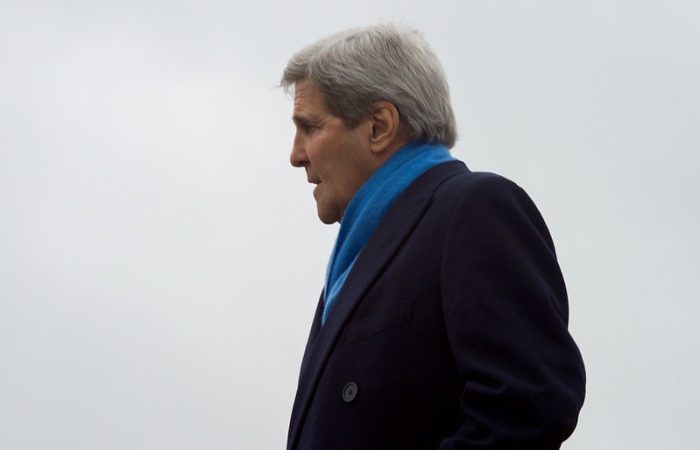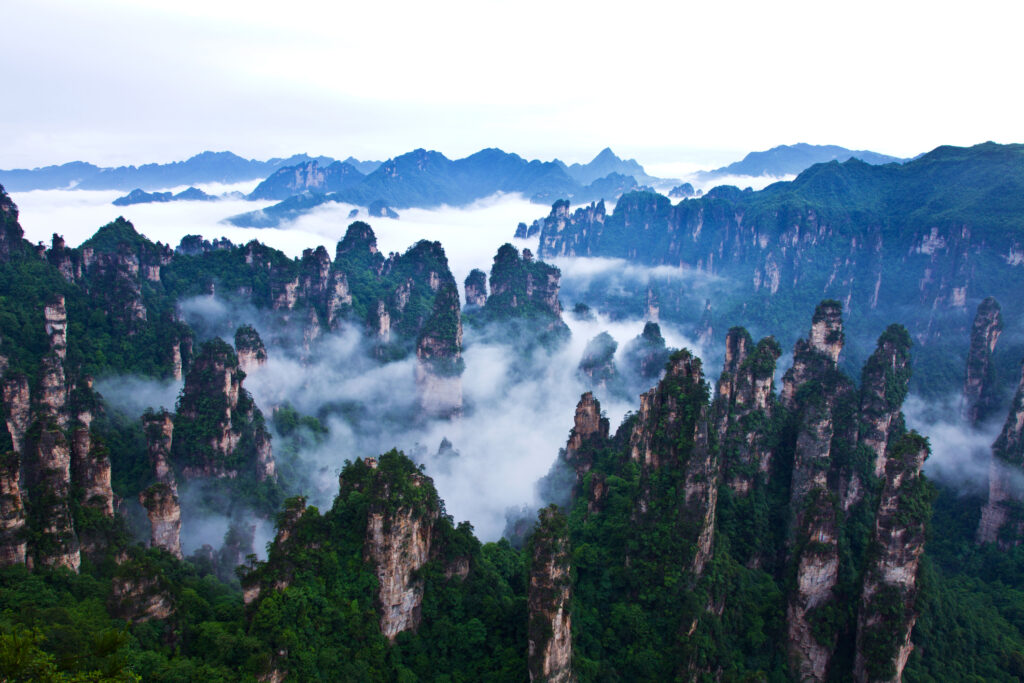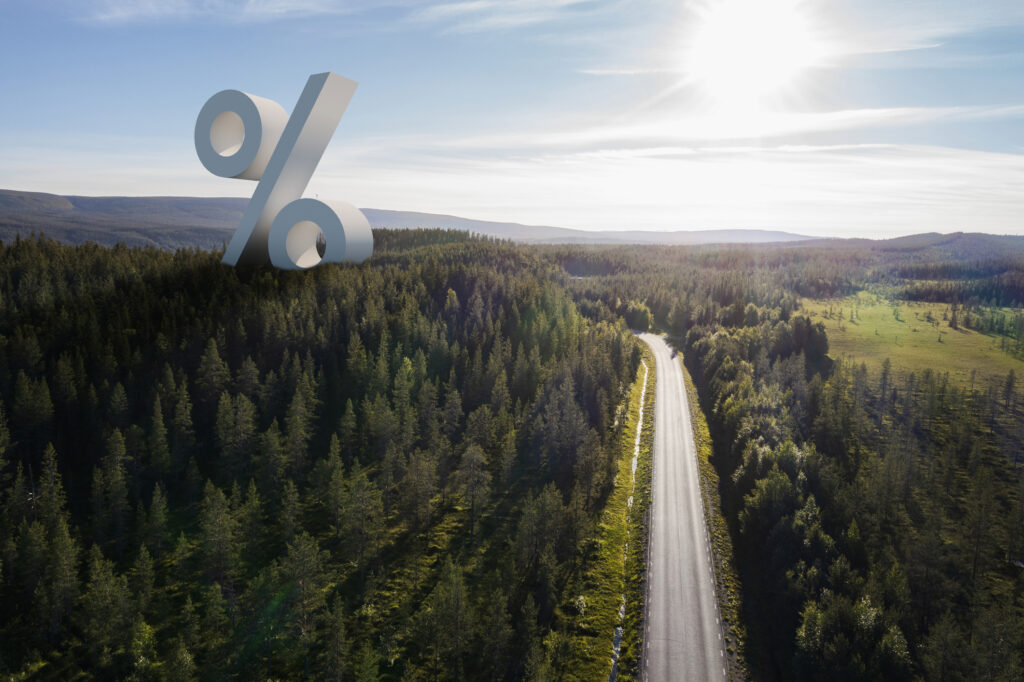On April 20, 2023, the U.S. Special Presidential Envoy for Climate, John Kerry, had a discussion with Foreign Policy regarding the climate policies of the United States and his thoughts on some recent trends. Their discussion covered a range of topics, including the Inflation Reduction Act (IRA), U.S.-China cooperation on climate change, and the upcoming 2023 United Nations Climate Change Conference (COP28).
What was Discussed in the Interview?
IRA
The first thing they discussed was the Inflation Reduction Act (IRA), which was signed into law by President Biden on August 16, 2022. When asked if the IRA is working effectively and what are the positive changes of it, Kerry said that “the IRA is working on overdrive” and believes that the impact of the IRA around the world is heartening. While some countries are concerned by the successes of the IRA, Kerry suggests that other countries should also start their own similar projects. Kerry said that the United States cannot address the climate issues on its own, and that all other carbon-emitting countries in the world have to have their own commitments to accelerate the rate of energy transition and carbon neutrality. Although some transitions are already made, such as the remarkable development of zero emission vehicles, they are still not happening fast enough, in Kerry’s opinion. Kerry also highlighted that the tax credit provided by the IRA will boost the investment in and production of renewable energy related supply chains.
In terms of the Republican Party’s holistic opposition to the IRA, Kerry said that the Republicans are “making a mistake for the United States of America and the world.” He pointed out that the climate issue should not be partisan and that decisions should be made based on scientific studies rather than ideology.
Kerry then responded to two critiques of the IRA. One was the criticism that the IRA is protectionist and gives the U.S. unfair advantages. Kerry acknowledged that some measurements of the IRA may have “annoyed” some people, but the U.S. is working on resolving the differences with those countries. Additionally, he argued that subsidy is necessary to facilitate transition; otherwise, transitions would not happen. And if countries do not invest in green transition now, they will have to spend trillions of dollars to repair the damages in the future. In addition, Kerry disagreed with the second critique that the IRA represents bad economics because it is shutting down businesses, instead arguing that the IRA is opening up markets and actually creating new supply chains. Kerry mentioned that the world is not well served if the major supply of critical minerals and solar panels is “coming from one country.” According to Kerry, China has been dumping green products and occupying the market. Since the U.S. cannot order private capital to participate in the green transition, the IRA is stimulating the market with a demand signal, and it is igniting the economy.
On China
China is an inevitable topic when discussing the climate policies of the United States. China is deeply invested in the climate issue, and the U.S. has been working closely with China on this subject for years. Although the deteriorating relationship due to House Speaker Nancy Pelosi’s visit to Taiwan last August and several other issues between the U.S. and China seems to have cast a shadow over climate cooperation, Kerry states that the climate issue is a global crisis that requires collective efforts, and the leaders of the two countries agreed to separate this issue from the other issues of concern. After a brief disruption, the U.S. and China are very close to resuming effective communication, leading Kerry to hope that the U.S. and China can “go back to where we were two years ago.” Despite the existing tension, the channel of communication on climate issues must always be open. In fact, Kerry recently had conversations with his Chinese counterpart Xie Zhenhua, China’s special representative on climate change.
Kerry then pointed out that it is important to look at what has been done together and what has been agreed upon between the U.S. and China. The U.S. and China agreed to work together on methane reduction, renewable energy transition, and deforestation. The two countries are able to make progress that is beneficial to everyone in the world if effective communication and cooperation can be reestablished.
However, the U.S.-China climate cooperation still faces intractable problems. Kerry did not offer a guideline when asked what some of the “redlines” the U.S. should avoid so that communication on climate issues would not be impacted.
COP28 & International Cooperation
The third and final primary discussion point was the 2023 United Nations Climate Change Conference (COP28), which is set to take place from November 30 until December 12 in Dubai, the UAE. In response to the question on how to allocate money to the “Loss and Damage” Fund—a concept that was agreed upon during COP27 and is still an “empty bucket” so far. Kerry said that the U.S. supports the idea and recognizes the damages of climate change, but the U.S. will not accept any kind of liability because this is a global issue. Kerry also disagreed with the idea of making the “Loss and Damage” Fund into a legal obligation that requires countries to contribute. Indeed, developed countries can assist developing countries in making adjustments, but the funds can only be collected in a non-compensatory and non-punitive way. Kerry believed that having a mechanism in which nobody would feel singled out is as important as allocating funds.
Kerry then stated that the US$100 billion adaptation fund promised by the developed countries must be fulfilled this year. With the mechanism for delivery already in place, the developed world just needs to allocate enough funds to keep its promises. Moreover, the United States needs and will invest more—about US$4.5 trillion per year for thirty years—to fix the mistakes made in the past.
Kerry was also asked for his opinion on the controversy regarding the President of COP28, Sultan Al-Jaber, for simultaneously acting as the CEO of an oil company. He believes that Sultan Al-Jaber’s controversial role can either be a “conflict of interests” or actually a “kick in the ass” that drives people toward fulfilling their commitments.
What Did We Learn from the Interview?
It has been almost three years since John Kerry became the U.S. Special Presidential Envoy for Climate, but the achievements of the U.S. on climate issues are relatively limited both domestically and internationally. These achievements are also accompanied by new emerging problems and hidden dangers. The Inflation Reduction Act is probably one of the biggest steps forward for the Biden Administration on climate issues, but questions and doubts about it never cease to exist. Although the IRA is indeed stimulating the transition to renewable energy and boosting the economy as a whole, the U.S. is still unable to dispel the concerns of other countries—especially those of its allies—that the IRA represents protectionism and unfair competition. In addition, the “Loss and Damage” Fund that the U.S. supports is seemingly a sign of international cooperation in fighting climate change in which the developed countries will help developing countries to jointly tackle climate change, a cause that benefits all of humankind. However, the U.S. currently has given no good solution to fill the “empty bucket,” and Kerry opposed any option that might need the U.S. to sacrifice its partial interests. Nevertheless, Kerry is not necessarily reacting negatively to the looming challenges because funding is a significant challenge for all climate change related issues. For the time being, the U.S.—and even the entire world—has yet to come up with an effective solution. Indeed, new opportunities always come with new challenges, even if it requires extra time and detours, at least the U.S. is still on the way to solving these problems.
Moreover, the problems that Kerry has no solutions for are even more worrisome. Firstly, the Democrats and the Republicans in the United States appear to never agree with each other on climate issues. Even the IRA itself was passed only with a key vote from the vice president that broke the 50-50 deadlock in the senate. It is conceivable that there will be more political confrontation over climate issues in the future. Secondly, the U.S. and China—the two largest greenhouse gas emitters in the world—need to work together to fight climate change. Unfortunately, the volatile bilateral relationship is bringing unnecessary challenges to mankind’s joint efforts to deal with climate change. It is a welcome change that the U.S. and China agreed to separate climate issues from other disputes, but major bilateral disagreements still result in the disruption of climate cooperation. Kerry also cannot ask the U.S. to adjust its foreign policy on other issues just to preserve climate cooperation. Perhaps these problems can only be solved when everyone realizes that tackling climate change is a nonpartisan, supranational mission in the interests of everyone.
Hope
The last thing that the interview talked about was hope. Kerry believes that it is not hard to maintain hope and optimism because we know what the challenges are, and we know what the solutions are. The world has the ability and options to do the right thing, and the international community just needs to be more serious. Human beings are able to make unbelievable changes when they want to. Now, we just need to gather more people on the right side of history.




